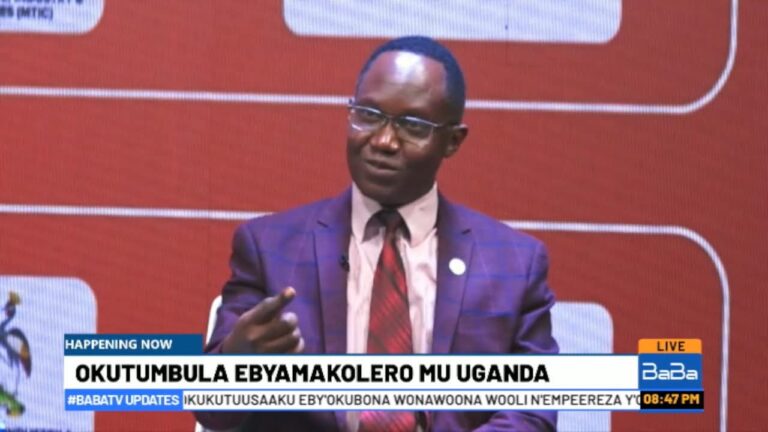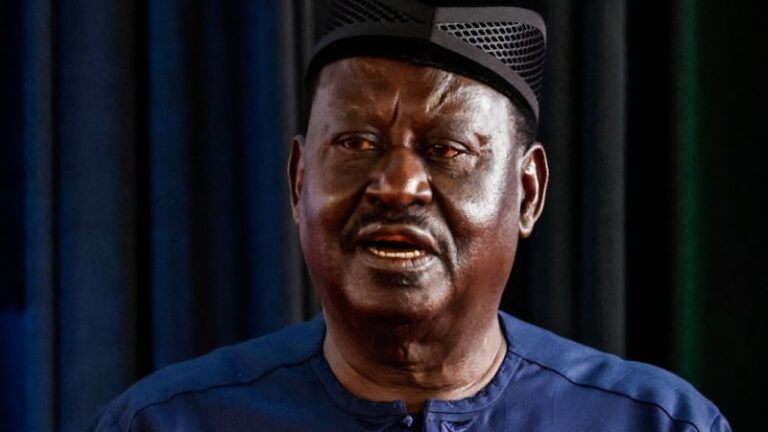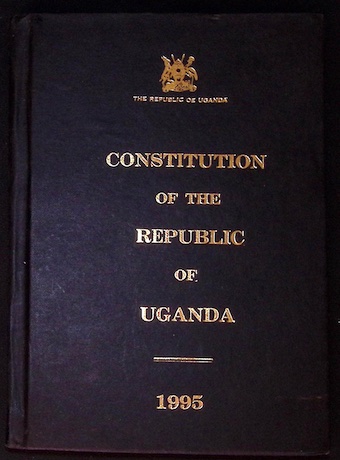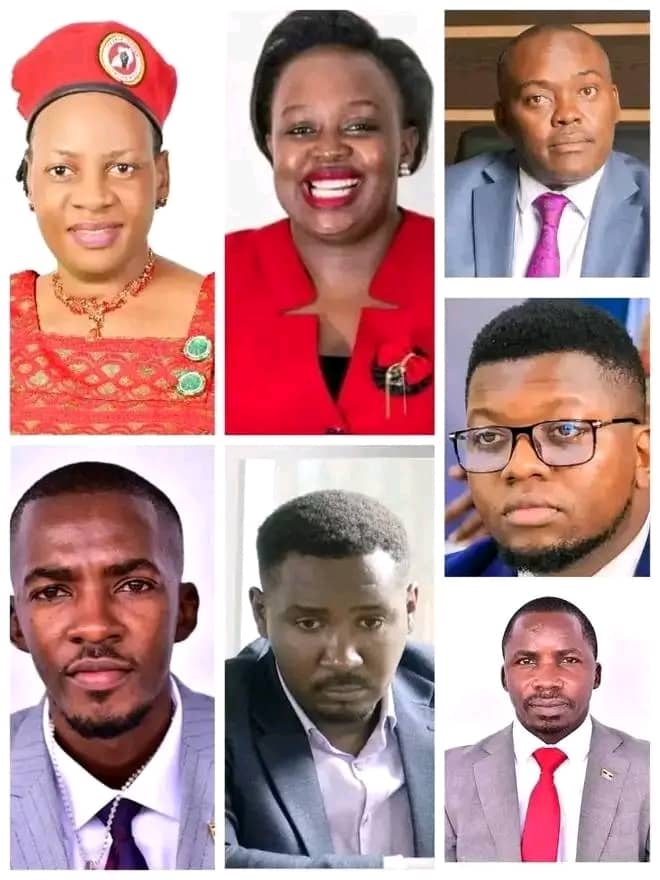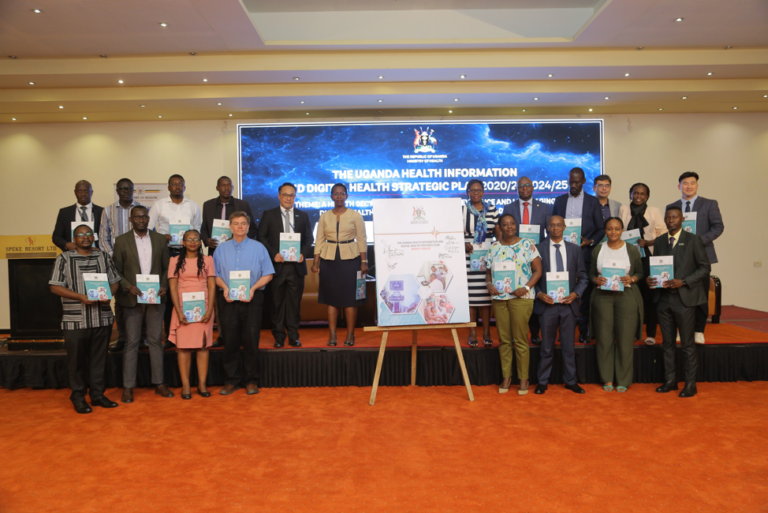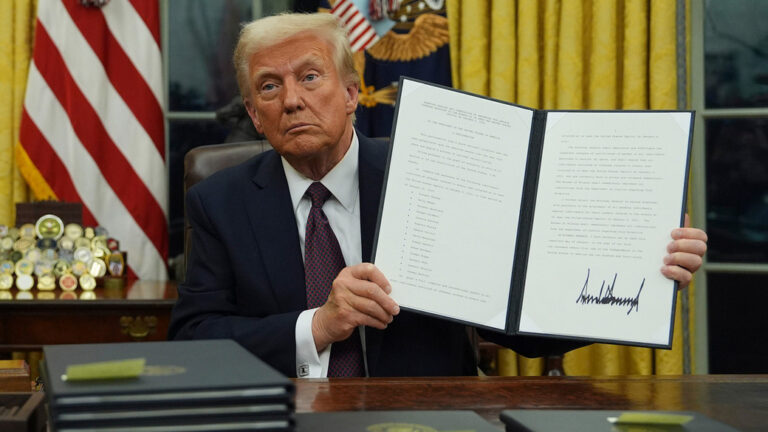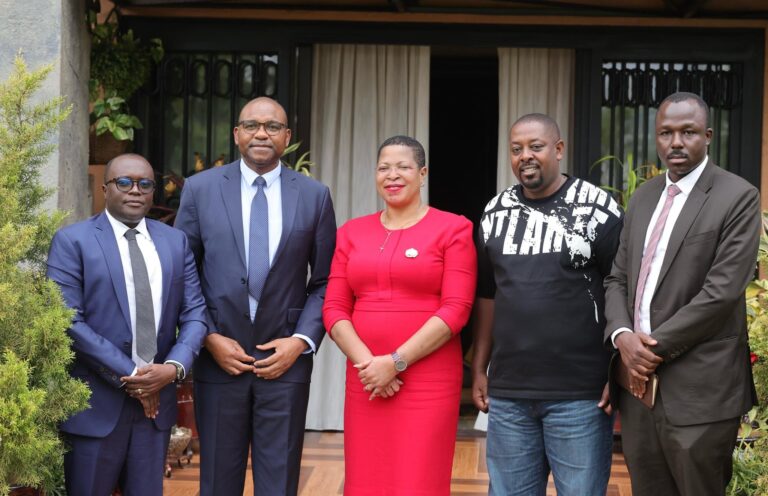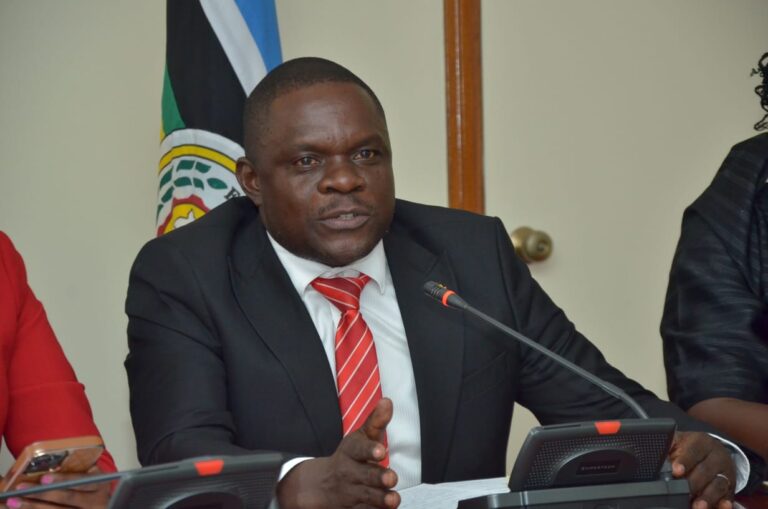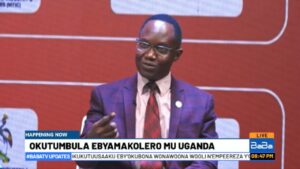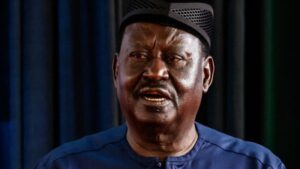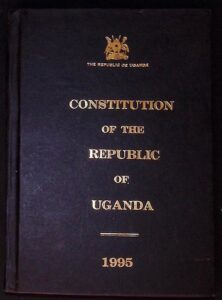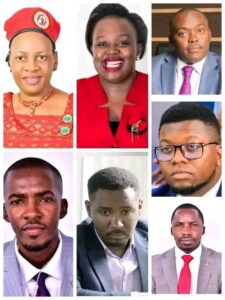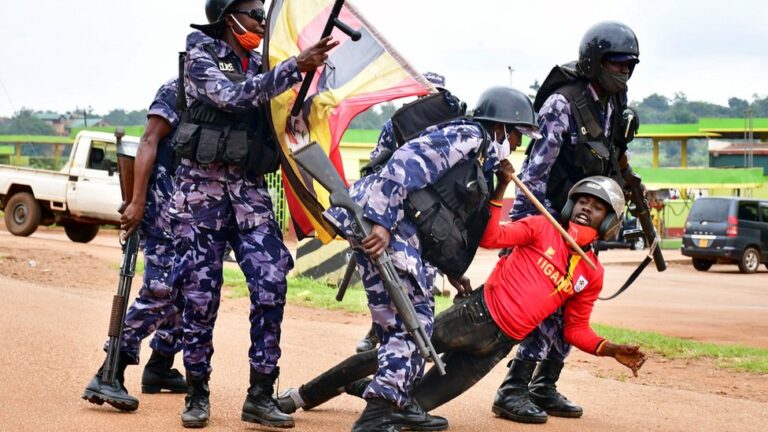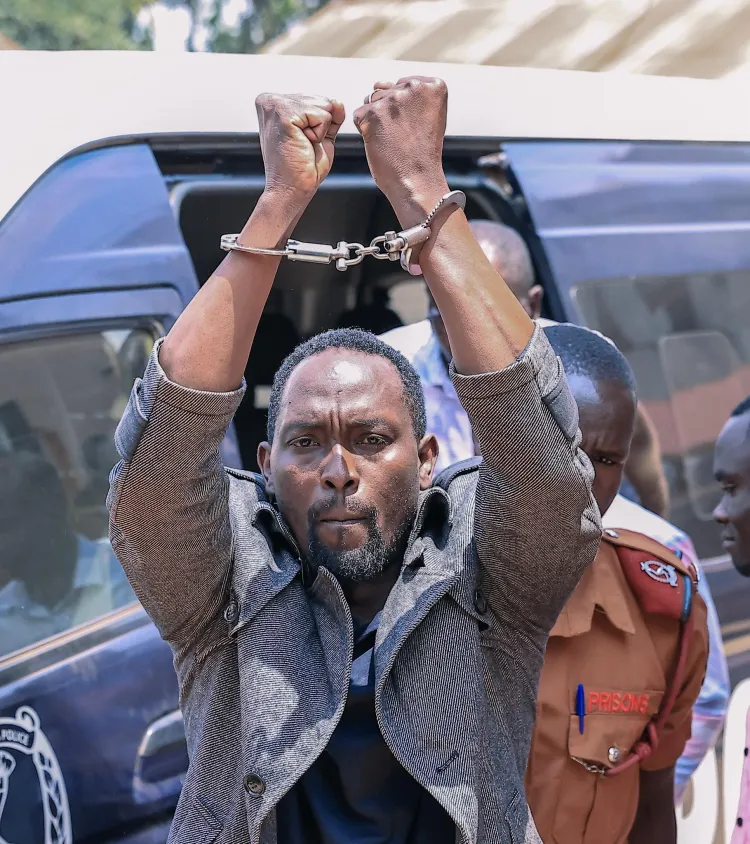
✍️By Bakinyumya Douglas Paapa Ov Uganda
(Political TV Producer & Host – @BDouglasPaapa)
19th /September /2025
Rising Fear Within the Opposition
Panic and tension have gripped Uganda’s main opposition party, the National Unity Platform (NUP), as a wave of arrests and abductions forces members into hiding ahead of the 2026 elections. The crisis intensified after (NUP) finds itself in the grip of fear and uncertainty following a new wave of arrests targeting key figures in Uganda’s main opposition party.
The panic was ignited by the September 8 abduction of NUP Deputy Spokesperson Alex Waiswa Mufumbiro outside Kawempe Magistrate’s Court. His whereabouts remain unknown, with security agencies maintaining silence. That same week, the arrests of Kyagulanyi’s bodyguards — Eddie Ssebuufu, Achilleo Kivumbi, Smart, and Bobi Giant — intensified pressure and deepened an atmosphere of paranoia within the party.
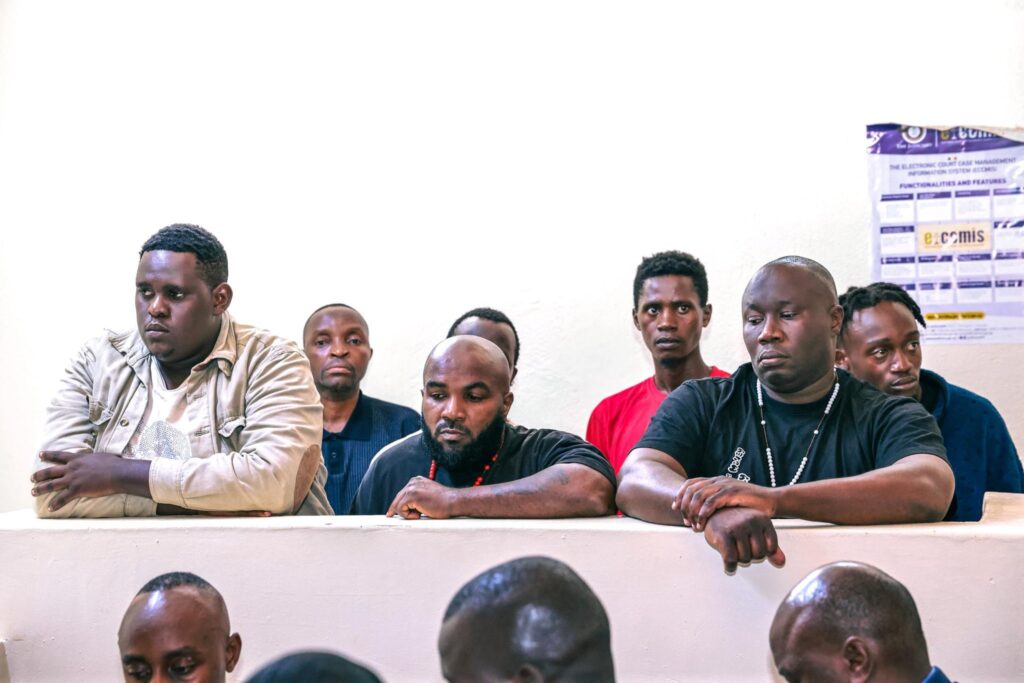
High-Profile Arrests Fuel Panic
On September 9, 2025, Ugandan musician and Nakawa Division mayoral aspirant Ali Buken, popularly known as Nubian Li, was dramatically arrested shortly after his nomination at the Electoral Commission offices in Ntinda, Kampala. A viral video showed him being manhandled into a police truck, sparking outrage across social media and condemnation from party leaders.
The crackdown did not stop there. Doreen Kaijja, Principal of the NUP School of Leadership, was also arrested, alongside opposition aspirants such as the People’s Front for Freedom (PFF) parliamentary hopeful for Rukungiri Municipality.
These arrests mark yet another escalation in the long-running standoff between the ruling National Resistance Movement (NRM) and opposition forces.
Opposition Leaders React
Joel Ssenyonyi, the Leader of the Opposition in Parliament, denounced the arrests as evidence of government insecurity.
“The fear of the regime is evident, let’s press on!” he declared, rallying NUP supporters not to bow to intimidation.
Other voices within the party, including Asega Habib Jogo, NUP’s Northern Uganda Mobilisation Secretary, alleged systematic targeting of opposition candidates in regions such as Nwoya, Gulu, Pader, and Karamoja, warning of an orchestrated campaign to silence opposition voices ahead of the 2026 elections.
However, dissenting commentary on social media also revealed internal unease. Some accused NUP of favoritism in its selection processes, arguing that internal contradictions could weaken its resistance against state aggression.
A Familiar Crackdown
This wave of repression is not new. Since its rebranding in 2020, the NUP has been Uganda’s most formidable opposition party, emerging as the main challenger to President Yoweri Museveni’s four-decade rule. Yet the state has consistently responded with raids, arrests, abductions, and bans on party activities.

The Uganda Human Rights Commission (UHRC) admitted in 2023 that some NUP supporters previously listed as “missing” were eventually released from state custody. Nonetheless, persistent reports of politically motivated detentions continue to draw concern from human rights groups and international observers.
Uganda’s democracy has been downgraded by watchdogs like Freedom House, which rate the country “not free,” citing politicized prosecutions and the harassment of activists and opposition members.
What This Means for 2026
As Uganda inches toward the 2026 general elections, the stakes for opposition politics have never been higher. For NUP, the arrests have created fear-driven silence among grassroots mobilizers and candidates, forcing some into hiding for fear of abduction or detention.
Yet, despite the pressure, many NUP supporters insist the clampdown will not break their resolve. Instead, they argue it is a reminder of the urgent need for change.
The central question remains:
Can NUP and the wider opposition withstand state repression while maintaining internal unity?
Or will fear, paranoia, and internal contradictions slowly erode their strength, leaving the ruling party unchallenged?
Conclusion
The current wave of arrests highlights the widening gap between Uganda’s ruling establishment and its opposition. While NUP continues to rally for human rights, democratic reform, and accountability, the government’s response appears aimed at systematically neutralizing its strongest voices ahead of 2026.
For now, fear grips NUP ranks, panic drives members into hiding, and tension mounts in the opposition camp. Whether this moment becomes a rallying cry for resilience or a breaking point of disintegration will determine the shape of Uganda’s political future.
✍️ By Bakinyumya Douglas Paapa Ov Uganda
(Political TV Producer & Host – @BDouglasPaapa


